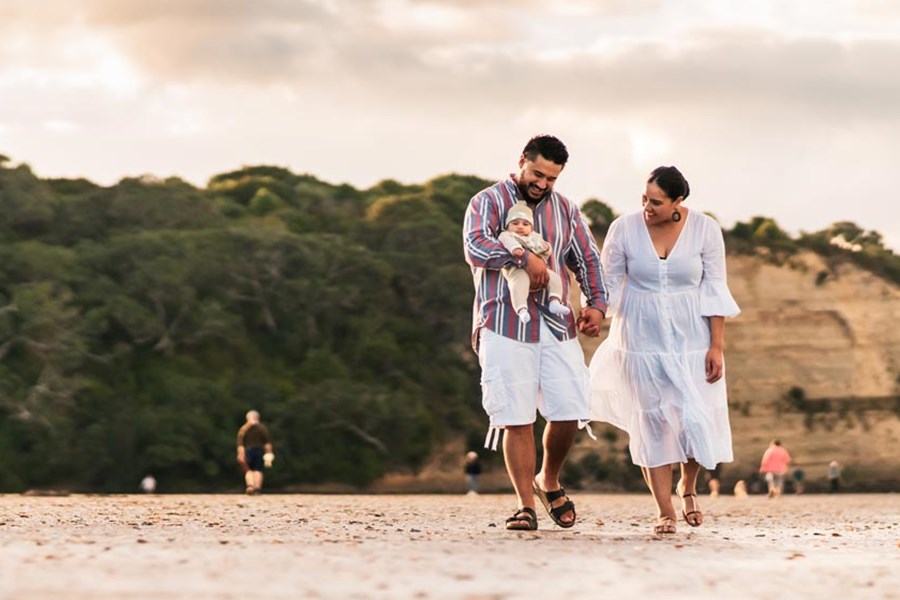Life insurance for solo parents.
Life insurance isn’t just for couples who have a baby. In fact, you could easily argue that solo parents need it even more, because they might also be the sole income-earner for the family. If you’re on your own, you can consider naming your child as the beneficiary in a life cover policy, this is something you can talk to your financial adviser about. You can also protect your ability to pay for life’s necessities with other types of life insurance. Trauma cover pays a lump sum if you are diagnosed with one of 40 conditions and its specified definition. Or income protection can provide a monthly income if you can’t work for a while due to illness or injury.
Ready to find out more? Get in touch.
Life insurance for children.
While your kids can’t have their own life insurance policy until they turn 16, if you have Life cover with Fidelity Life you have the option of adding children’s life cover to your policy. It provides life cover for children aged 10 to 15 years up to a maximum of $250,000.
If you don’t choose to add the children’s life cover option, Fidelity Life includes a child’s funeral payment as part of the parents Life cover policy. A financial adviser can ensure this is set up how you want it.
Life insurance for parents.
Have you thought about how the future might unfold if something were to happen to you or your partner? Or, in the worst-case scenario, both of you? Getting life insurance for both parents is a way to have some form of financial protection against unexpected happened to you.
While it’s possible that only one parent is earning, the input of a parent who’s providing childcare is equally valuable. For example if something happened to one of you which meant the other parent had to return to work, how would you pay for childcare?
How much cover do you need?
When deciding how much cover new parents might need, there are some obvious considerations such as outstanding mortgage repayments and any other loans they might have. They can also think about living expenses for a few years, so that the remaining parent has the option of not earning for a while when children are small. Additionally, they consider children’s future needs, such as school fees; hobbies, sports and special interests; and tertiary education.
Fundamentally there is no one size fits all when it comes to taking out life insurance because everyone is different. A financial adviser can help you understand what you may need to protect what’s important to you. This article will give you an overview of some of the questions to start thinking about ahead of a meeting with a financial adviser.
When to get covered.
If you have a baby on the way or are planning to start a family soon, it might be a good time to you talk to a financial adviser. Your adviser will help you understand your needs, introduce you to the various options and give you an idea of costs.
Find an adviser.
DISCLAIMER: The information contained in this article is a summary of the key points of the insurance cover(s) mentioned and is general in nature. This article does not constitute a financial advice service. All covers are subject to the definitions, standard exclusions/limitations, terms and conditions contained in the full policy documentation which is available from Fidelity Life or your financial adviser who holds a Distribution Agreement with Fidelity Life. All applications for cover are subject to underwriting criteria.







